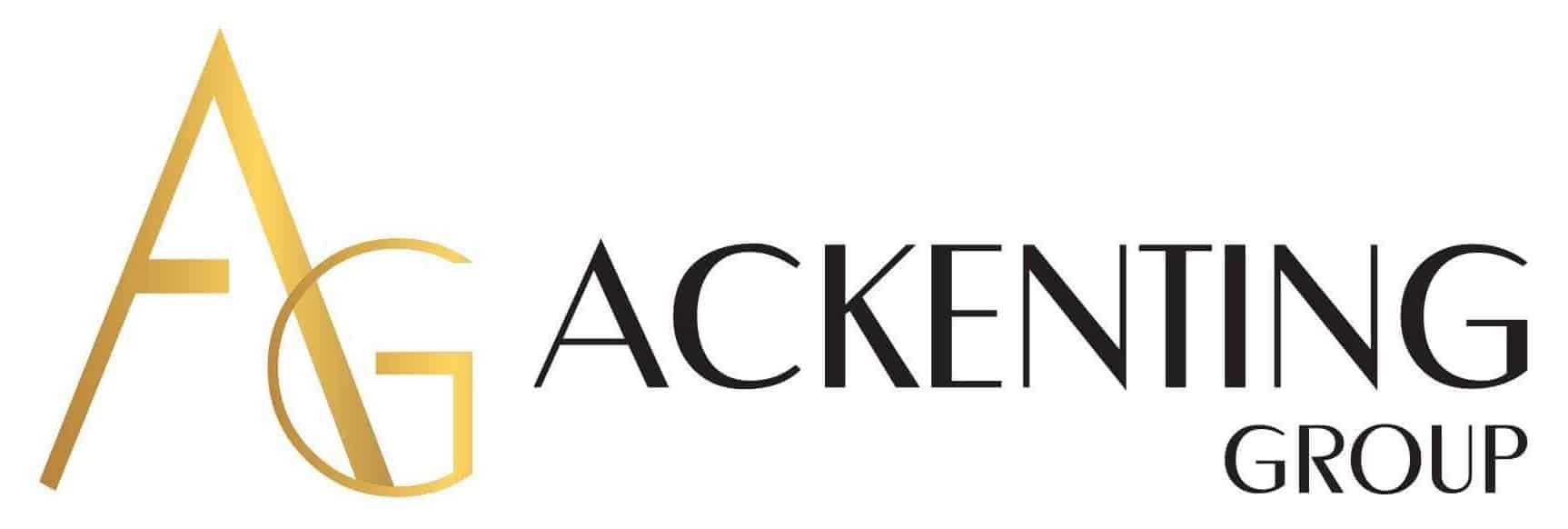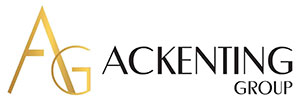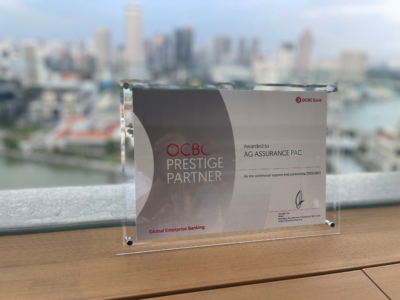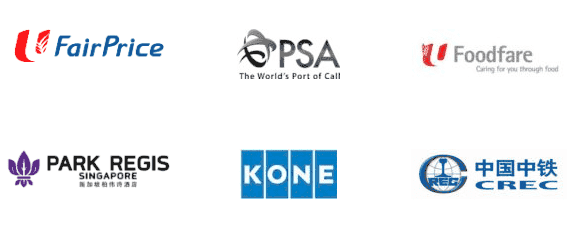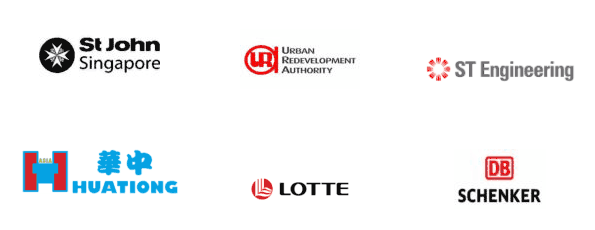In Singapore, every company is required by law to get its accounting records and financial statements audited on a yearly basis. This mandatory process allows for an objective examination of a company’s accounting records, thereby giving shareholders greater confidence in the business.
However, there are occasions where a company may be exempted from the audit process. This exemption was introduced to the Companies Act in 2015, and it states that any company that falls within the “small company” criterion is granted an audit exemption. Let us share the exemption criteria, so you can determine if your company is eligible for them.
What are the eligibility criteria for an audit exemption?
As per the latest amendment to the Companies Act in July 2015, companies that qualify for the small company status are exempted from the audit process. However, what constitutes a “small company” in the eyes of the law?
Well, for your business to qualify for this status, it must:
1. Be a private limited company over the two previous financial years;
2. Be considered a small company, meeting at least two out of the following three criteria:
- Have 50 or fewer full-time employees at the end of the financial year;
- The company’s total annual revenue must not exceed SGD$10 million;
- The organisation’s total assets must not exceed SGD$10 million, as at the end of the financial year, and its annual revenue is SGD$5 million or less.
After looking at the criteria, you might be wondering what constitutes a private limited company in Singapore? Essentially, a private company – also known as a private limited company – is defined as an organisation that contains a minimum of 20 shareholders. However, the maximum shareholder limit cannot exceed 50.
One of the significant differences between a public company and a private company is the latter’s inability to sell its shares to the public. However, the organisation can still issue additional shares to existing shareholders.
What happens if my company is incorporated before July 2015?
Entrepreneurs running businesses that are incorporated before July 2015 might be expressing concerns about their qualifications for this exemption. However, fret not! Even if your company is incorporated before the amendment date, it can still qualify for the exemption.
You just have to ensure your business meets the following two criteria:
1. Your organisation is a private company;
2. It meets the same criteria listed above, whether in the first or second financial year after 1 July 2015.
Can group companies qualify for audit exemption?
Businesses that belong to a group of companies can be eligible for audit exemption provided that the holding company – otherwise known as the parent company – and its subsidiaries meet the aforementioned criteria.
So if a group of companies wants to be exempted from the auditing process for the financial year ending 2021, it has to meet the set criteria for a small group in the financial years of 2019 and 2020.
Can my company be disqualified from audit exemption?
Yes, a company may be disqualified from its status as a small company, thus necessitating the need for an audit if:
- It is no longer operating as a private limited company in the same financial year;
- It does not satisfy the status of a small company in the two previous financial years.
If my company qualifies for audit exemptions, do I still need to prepare and file my accounts?
Regardless of whether your company qualifies for an audit exemption, it is essential for every organisation to maintain proper bookkeeping records, as these yearly financial statements are needed when you are filing for your corporate income tax returns.
In fact, the Inland Revenue Authority of Singapore (IRAS) mandates that every company must maintain proper business records and accounts of their business transactions for a minimum period of 5 years.
However, if you lack the accounting background to maintain your company’s books, it is advisable to engage the services of a specialised accounting firm. At Ackenting Group, we provide a comprehensive list of professional accounting and bookkeeping services tailored to your business’s specific needs. With our certified accountants maintaining your company’s books on your behalf, you can rest easy knowing you will receive accurate and prompt updates on your business’s financial health.
Conclusion
Third-party statutory audits can be a daunting process. Thankfully, if your company qualifies for audit exemptions, you can spend more of your time and focus on growing your business. However, it is still vital to maintain a detailed account of your company’s finances during this period, as such information is essential to the survival of your organisation.
If you require any assistance on accounting services, feel free to drop us an email at johnwoo@ag-singapore.com or contact us at +65-66358767. At Ackenting Group, we offer a complimentary 30 minutes online consultation for us to better understand your business requirements.
